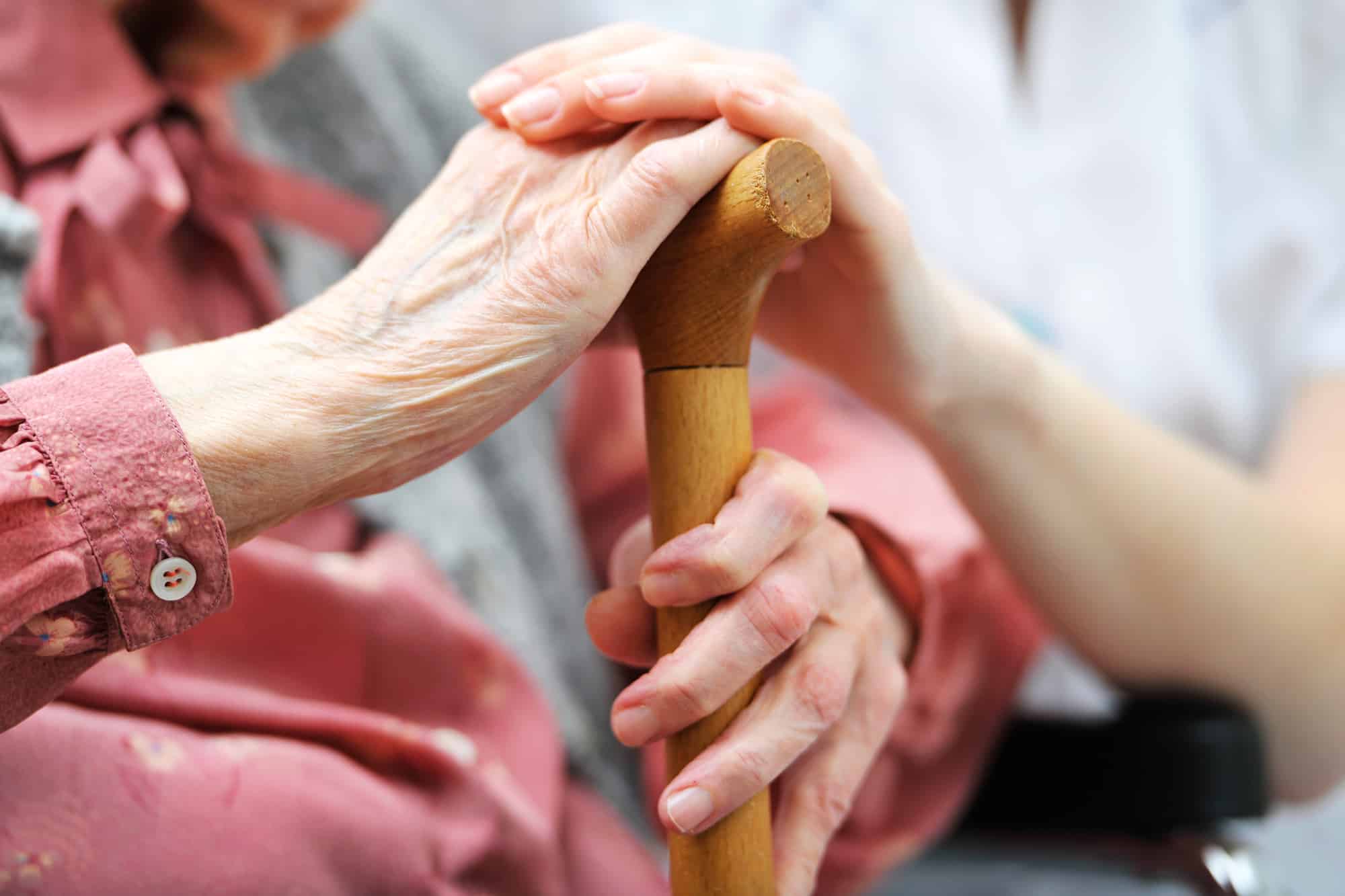Key Factors To Consider for Families When Selecting Appropriate Senior Citizen Care Solutions for Their Aging Relatives
Picking proper senior treatment solutions for maturing relatives is a nuanced procedure that requires cautious consideration of several factors. The examination of available treatment optionsâEUR" varying from in-home aid to specialized facilitiesâEUR" should be balanced with an understanding of monetary effects and security problems.
Assessing Individual Requirements

Additionally, psychological and social requirements play a considerable role in the wellness of elders. An assessment must consider the individual's need for social engagement, pastimes, and assistance systems. Family dynamics and the accessibility of casual caregivers ought to likewise be factored right into the formula, as they can influence the type of care that is most ideal.
Evaluating Care Options

In-home care gives the advantage of acquainted environments and customized focus, which can enhance convenience and psychological well-being. On the other hand, aided living facilities use an organized environment with access to on-site treatment and social activities, fostering neighborhood involvement. Nursing homes provide to those requiring intensive clinical guidance, while grown-up day care programs enable senior citizens to involve in social activities during the day, supplying reprieve for family members caregivers.
It is important to examine the personnel credentials, center licensing, and available services in each option. Furthermore, households must look for responses from current residents or clients and evaluate the general track record of the treatment providers. Ultimately, selecting the best care option is a critical decision that ought to show a balance between the senior's needs, safety, and quality of life.
Understanding Costs and Budget
Browsing the economic landscape of elderly care can be complex, as various options featured varying expenses that can substantially affect a household's budget. Understanding these prices is essential for family members to make educated decisions concerning take care of their aging loved ones.
Usual elderly treatment solutions consist of at home care, helped living facilities, and nursing homes, each with its very own rates structure. In-home care generally charges by the hour, while helped living frequently entails month-to-month lease plus additional solution fees.
Developing a detailed budget that details anticipated costs can aid family members recognize the most ideal treatment service while ensuring they continue to be within their financial ways. By comprehensively comprehending the expenses linked with each option, households can better navigate this critical facet of senior care planning.
Ensuring Safety and Safety
Guaranteeing the safety and security and protection of senior citizens is vital in any type of treatment setup, as their susceptability often calls for heightened interest and protective actions. Family members need to examine the physical atmosphere of prospective care facilities, trying to find functions such as safe entries, well-lit hallways, and accessible fire escape. In addition, the existence of safety equipment, such helpful site as grab bars and non-slip flooring, can significantly lower the risk of accidents.
Staff training is another critical facet; caregivers should see here be skilled in emergency treatments, very first aid, and the certain demands of elderly individuals. History look at employees also make sure that residents are cared for by credible people - home health care orlando florida. Furthermore, technology can play a crucial duty in boosting safety. Keeping an eye on systems, individual emergency situation response systems (PERS), and fall detection devices offer peace of mind for households and instant aid for seniors.
Last but not least, open interaction networks in between households and care suppliers are important. Normal updates pertaining to the wellness of senior citizens, together with a transparent approach to care strategies, can promote count on and guarantee that safety continues to be a main focus in the care given. By focusing on these elements, families can make enlightened choices that safeguard their aging relatives.
Involving Family Members in Decision-Making

Family members need to start by honestly interacting regarding the different care services available, such as in-home treatment, aided living, or nursing centers. It is important to examine the particular demands of the aging relative, consisting of clinical requirements, movement, and social engagement. By involving all pertinent relative, different viewpoints and understandings can be gathered, leading to even more educated decisions.
In addition, household involvement helps in determining potential caregivers and establishing a support network. Normal family conferences can help with ongoing conversations and adjustments as needs transform, allowing families to stay responsive to the advancing scenarios of their liked one. Eventually, a collaborative decision-making procedure urges a sense of shared duty and makes sure that the selected care service lines up with the family members's vision for their aging family member's health and dignity.
Final Thought
In verdict, selecting suitable elderly care remedies requires an extensive analysis of individual demands, available care alternatives, and connected expenses. Prioritizing safety within the living setting and promoting household involvement in decision-making procedures even more improves the performance of treatment. By lining up care choices with the aging relative's case history, emotional needs, and individual choices, family members can develop an encouraging network that promotes well-being and dignified living for their enjoyed ones in their later years.